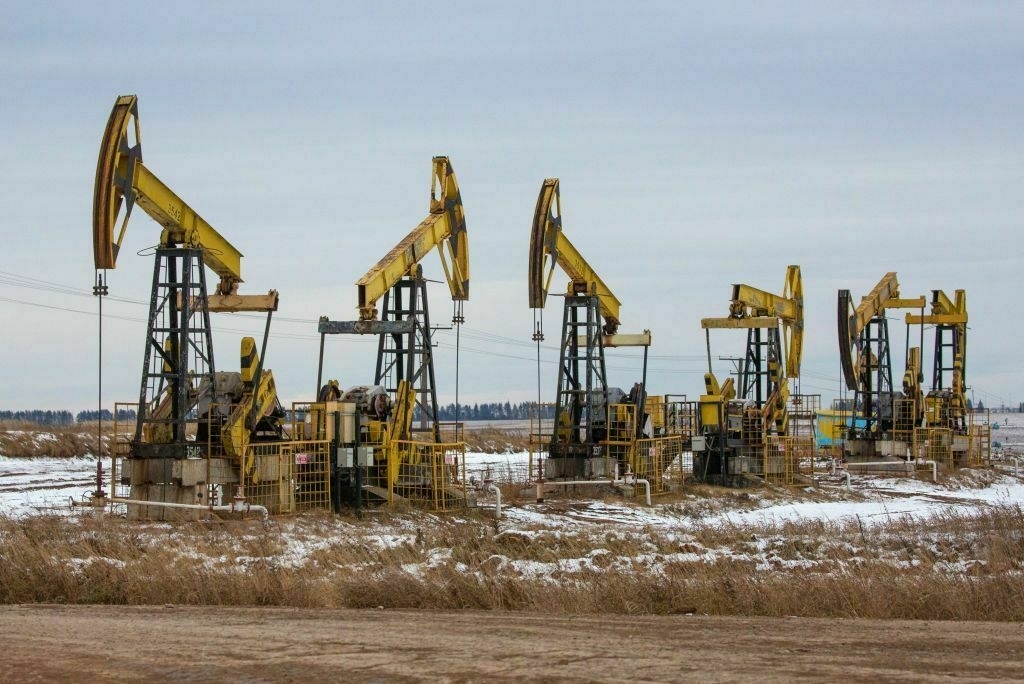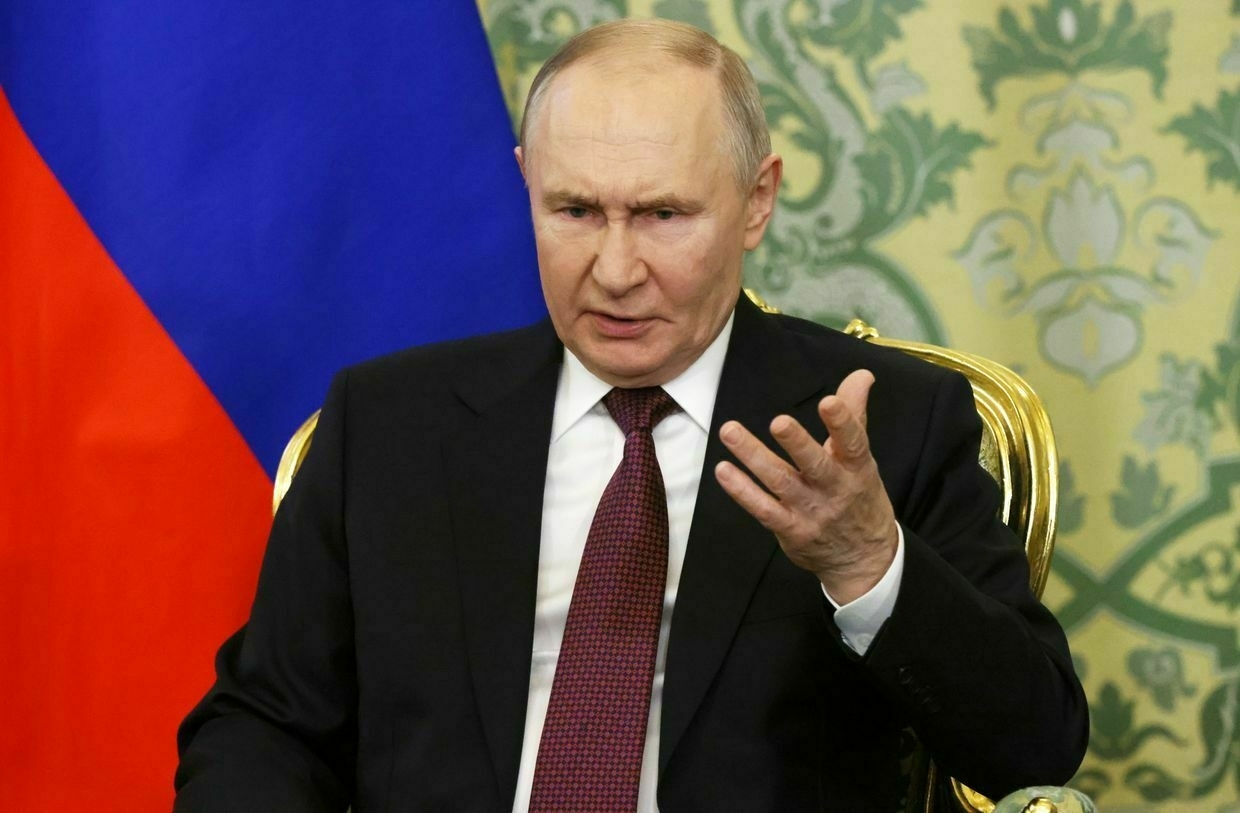
Russia has tripled its projected budget deficit for 2025 amid a sharp drop in oil revenues, driven by Western sanctions and plunging crude prices, President Volodymyr Zelensky’s commissioner for sanctions policy, Vladyslav Vlasiuk, said on May 29.
According to Vlasiuk, the Kremlin has recently approved changes to its federal budget, increasing the planned deficit from 1.17 trillion rubles ($14.8 billion) to 3.8 trillion rubles ($48.3 billion), or from 0.5% to 1.7% of GDP.
“The reasons? Cheaper oil and a strengthening ruble, which together are slashing oil and gas revenues by nearly a quarter — a loss of 2.6 trillion rubles ($33 billion) from the original forecast,” Vlasiuk wrote in a statement. He pointed to a revised price forecast for Russia’s Urals crude, cut from $69.70 to $56 per barrel.
Reuters reported earlier this month that Urals and ESPO crude blends dropped to $48.90 per barrel — the lowest level in two years and about 40% below the $82.60 price Moscow had initially budgeted for 2025.
Vlasiuk said international sanctions remain a key driver behind the decline in Russia’s energy revenues. “Sanctions against Russia are working,” he said. “This is confirmed by many indicators, and we are grateful for all the work that has already been done."
Ukraine has long been advocating for tighter sanctions against the Russian energy sector, particularly its shadow fleet. Despite hundreds of Russian tankers already under sanctions, many vessels remain operational and continue to ship Russian oil.
“Half of the sanctioned shadow fleet is still functioning,” Vlasiuk said, calling for expanded measures — including sanctions on Russian ports, terminals, and even individual ship captains.
Russia’s energy sector, which provided nearly 30% of the federal budget in early 2024, has been hit by drone strikes from Ukraine and increasing global pressure. The recent plunge in prices followed new tariffs announced by U.S. President Donald Trump on April 7, which spurred fears of a global recession and dragged oil prices to their lowest levels since May 2023.
Speaking on May 5, Trump claimed that Russia had become more willing to negotiate an end to the war in Ukraine due to falling oil prices. “I think Russia, with the price of oil right now, oil has gone down, we are in a good position to settle, they want to settle. Ukraine wants to settle,” he told reporters.
The financial strain comes as Moscow boosts defense spending by 25% for 2025, raising it to 6.3% of GDP — the highest share since the Cold War. The Kremlin has acknowledged the challenges, with spokesperson Dmitry Peskov calling the global market conditions “extremely turbulent” and vowing economic measures to “minimize the consequences."
For Ukraine, Vlasiuk said the latest data sends a clear message: “We are grateful for all the work done so far… But if we want to level up, more needs to be done."
The U.S. recently blocked a G7 push to lower the $60-per-barrel price cap on Russian oil exports, the Financial Times reported on May 27. The cap, imposed by the G7 and EU in December 2022, bars Western firms from servicing Russian oil sold above that price to limit Moscow’s war funding.
While Canada, the EU, and key G7 members supported tightening the cap, the proposal was dropped after U.S. Treasury Secretary Scott Bessent withheld support. The European Commission had reportedly planned to propose cutting the cap to $50.
 The Kyiv IndependentDominic Culverwell
The Kyiv IndependentDominic Culverwell
